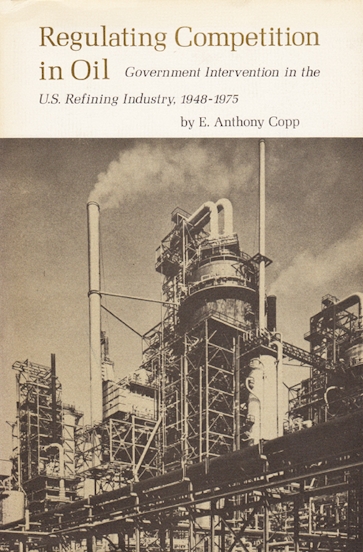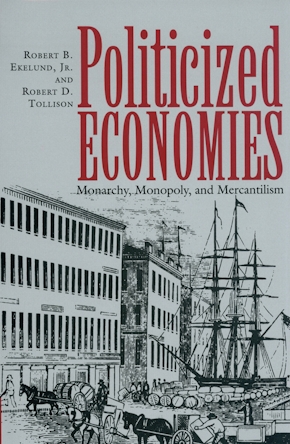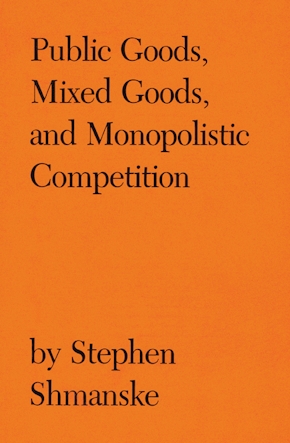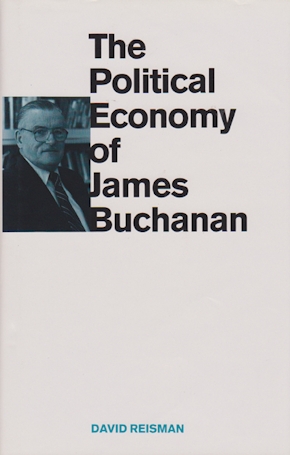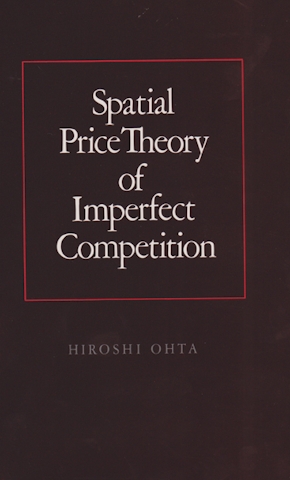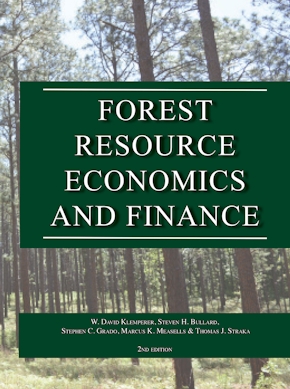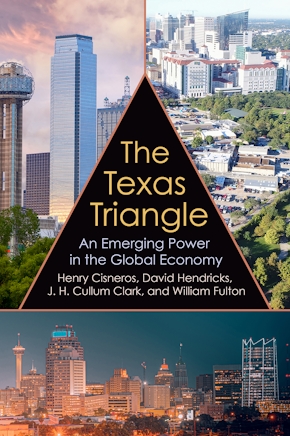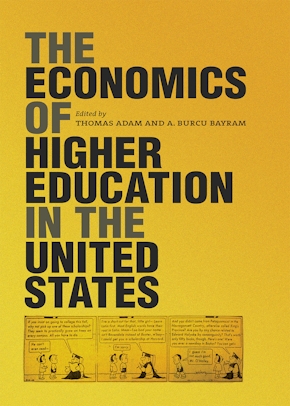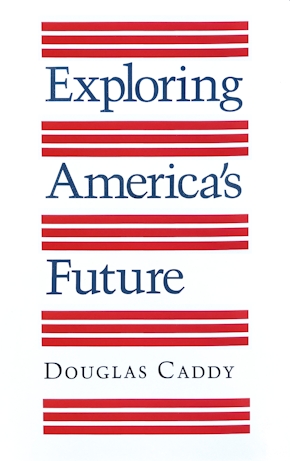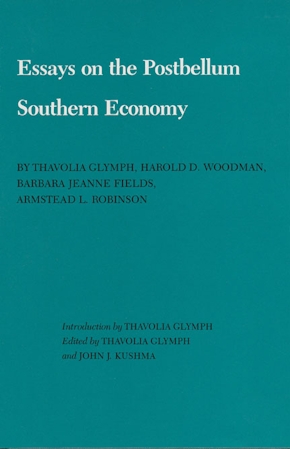Regulating Competition in Oil
Government Intervention in the U.S. Refining Industry, 1948-1975
978-0-89096-014-1 Hardcover (Printed Case)
6 x 9 x 0 in
304 pp. Illus., Tables., Gloss.
Pub Date: 06/01/2000
Available
BUY NOW
- Hardcover (Printed Case) $42.95 s
Beginning with a thorough economic history and analysis of the refining industry’s growth and structure, E. Anthony Copp shows how government import and domestic pricing policy has tended to subsidize the less economic sizes of independent refiners while reinforcing the market power of major refiners, thus failing to provide adequate additions to domestic petroleum proved reserves or to encourage more efficiency in refining capacity. The weakness of natural gas policies (which government has consistently failed to coordinate with national petroleum policy) and state prorationing and other policies since 1948 has also contributed to the current energy crisis.
A major theme of this book is that with energy resource allocation now heavily weighted by government planning, the independents may not gain at the expense of the major oil companies, but more likely both groups will yield actual or potential market power to governments, both foreign and domestic. How well government and industry learn to alter this pattern will have great bearing on the success of this nation in filling its energy needs and in preventing or allaying a more severe energy crisis in the 1980’s.
Examining recent and current administration efforts at regulation, and the impact of OPEC’s rise to world economic power on those policy efforts, the author presents ideas that should be considered in the development of a new national energy policy.
Texas A&M University Economics Series
About the Author
Published by Texas A&M University Press
